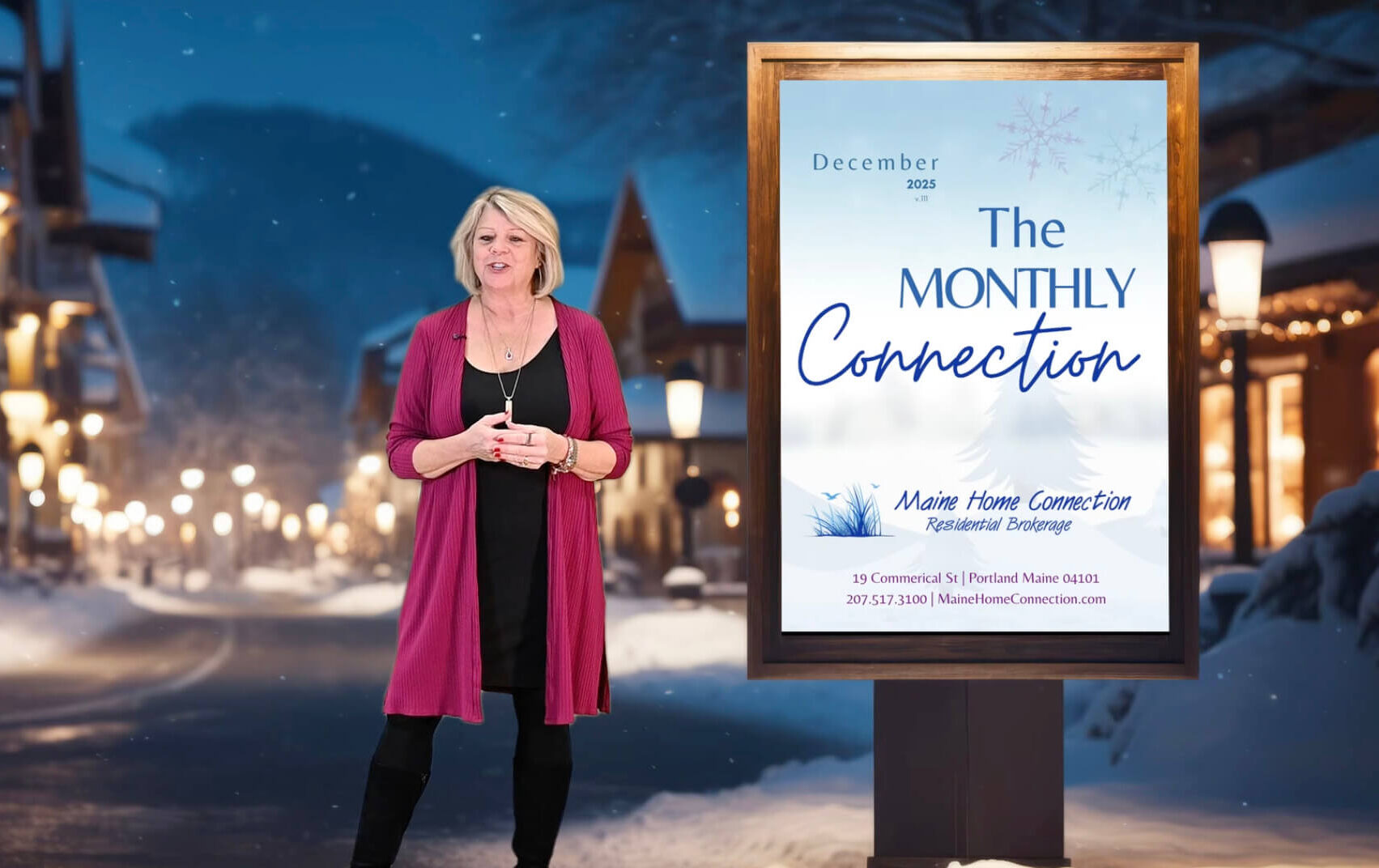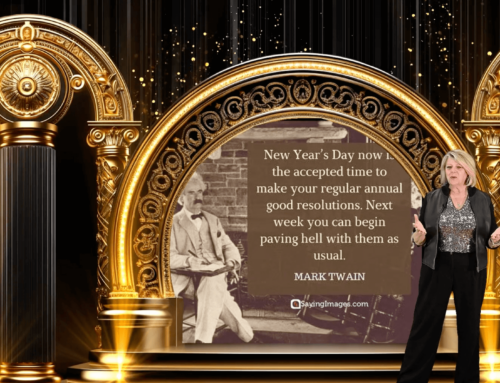Human beings love to make predictions, whether about the movements of the stars, the fluctuations of the stock market, the Super Bowl victor or the upcoming season’s fashion trends. Pick up any newspaper or browse through headlines on any given day, and you’ll immediately encounter a mass of predictions – so many, in fact, that you probably don’t even notice them.
Very rarely, however, do we ever go back and truly analyze just how accurate they were – and we are not about to do so here!
If you are not familiar, for the last several years Google has been publishing a year in review known as the Zeitgeist. The meaning of the word goes back to 1884 and is of German etymology – from Zeit (time) + Geist (spirit) with a literal translation of the general intellectual, moral and cultural climate of an era.
As Google has come to apply this term, “Zeitgeist” is meant to be “the spirit of the times,” and this spirit can be seen through the aggregation of millions of search queries Google receives every day. The annual Zeitgeist report reveals what captured the world’s attention in the past year – the passions, interests and defining moments as seen through search.
2011 Zeitgeist
As of today, this video has been viewed 7,799,767 times. Last year, when we posted the 2010 version, the number of views was less than 2 million.
When it comes to looking forward to 2012, what is probably more important is not the outcome of the various predictions we make, but rather choosing what we should make predictions about – and which ones actually have any significant at all.
The randomness inherent is one reason why the predictions that we make are often wrong, but there’s a second reason: Often we don’t know which predictions we should be trying to make in the first place.
When you really think about it, what we sometimes don’t appreciate is that hindsight tells us more than the actual outcome of the predictions that we could have made. It also reveals what predictions we should have been making to begin with.
Moving to Maine?









